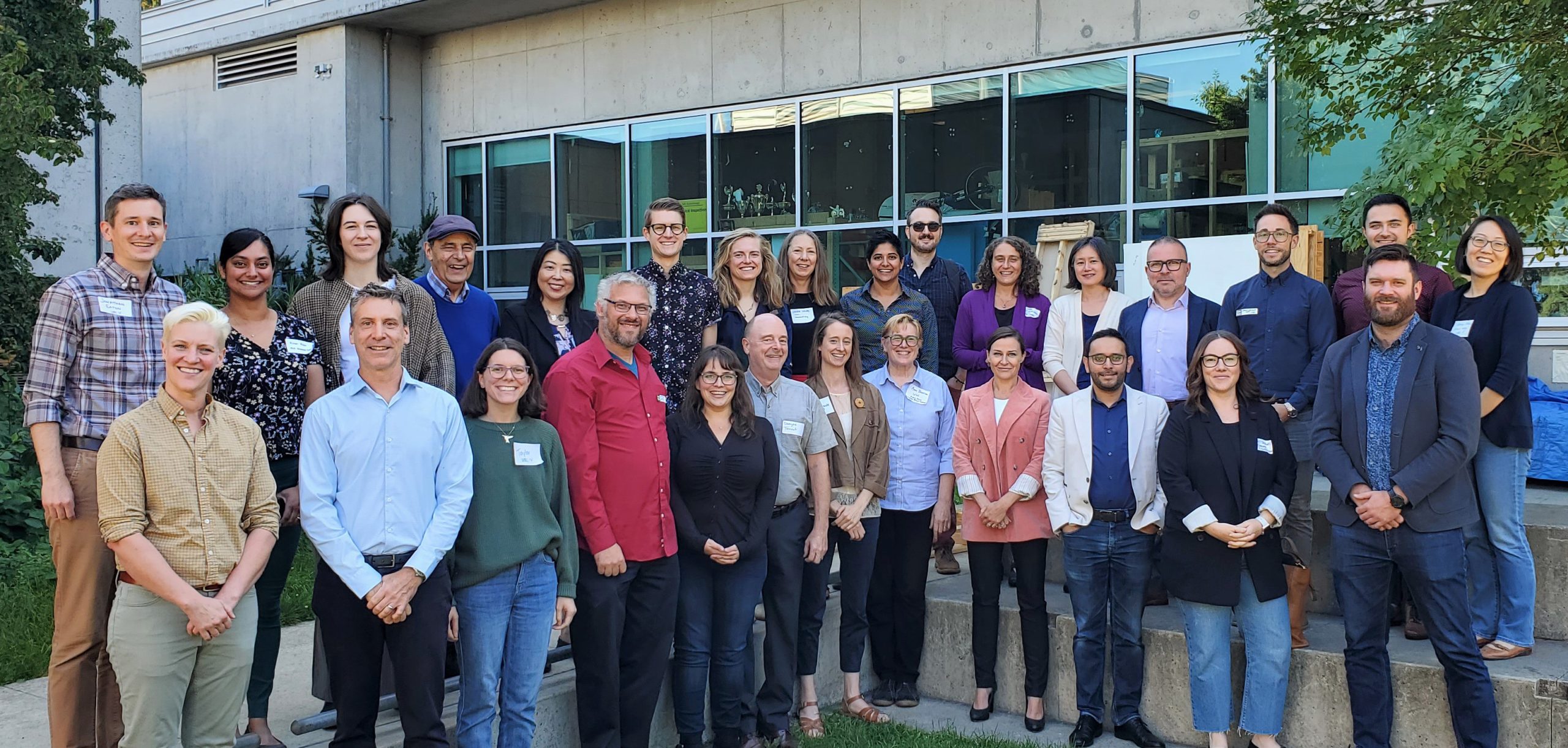 The Cascadia Subduction Zone (CSZ) runs from Northern California to Vancouver, Canada, and has the potential to unleash a magnitude 9 earthquake and an accompanying tsunami that would devastate the Pacific Northwest. To address the health ramifications of this and other regional catastrophes, affected communities must develop resilience with the support of collaborative and innovative research that spans state and international borders.
The Cascadia Subduction Zone (CSZ) runs from Northern California to Vancouver, Canada, and has the potential to unleash a magnitude 9 earthquake and an accompanying tsunami that would devastate the Pacific Northwest. To address the health ramifications of this and other regional catastrophes, affected communities must develop resilience with the support of collaborative and innovative research that spans state and international borders.
In September 2023, representatives of the University of Washington Center for Disaster Resilient Communities (CDRC) traveled to Vancouver, Canada to participate in a joint workshop with the University of British Columbia’s Disaster Resilience Research Network (DRRN). Funded by a UBC Collaborative Research Mobility Award, the conference drew UBC and UW attendees from a wide range of disciplines, including engineering, earth sciences, planning, public policy and public health. Other attendees included representatives from University College London, the City of Nanaimo Emergency Program and British Columbia’s Ministry of Emergency Management and Climate Readiness.
CSZ investigators participated in a variety of events during the two-day workshop, including discussions on grant proposals to support international and interdisciplinary disaster research, training opportunities and updates on current research projects. This collaborative conference ultimately united UBC DRRN and UW CDRC representatives, which opened the door for future collaborations surrounding the Cascadia Subduction Zone and other regional disaster risks.
UW attendees included Ann Bostrom of the Evans School of Public Policy & Governance, Resham Patel of the School of Public Health, Laura Lowes and Joe Wartman of the Department of Civil & Environmental Engineering and Evan Mix of the Department of Environmental & Occupational Health Sciences.